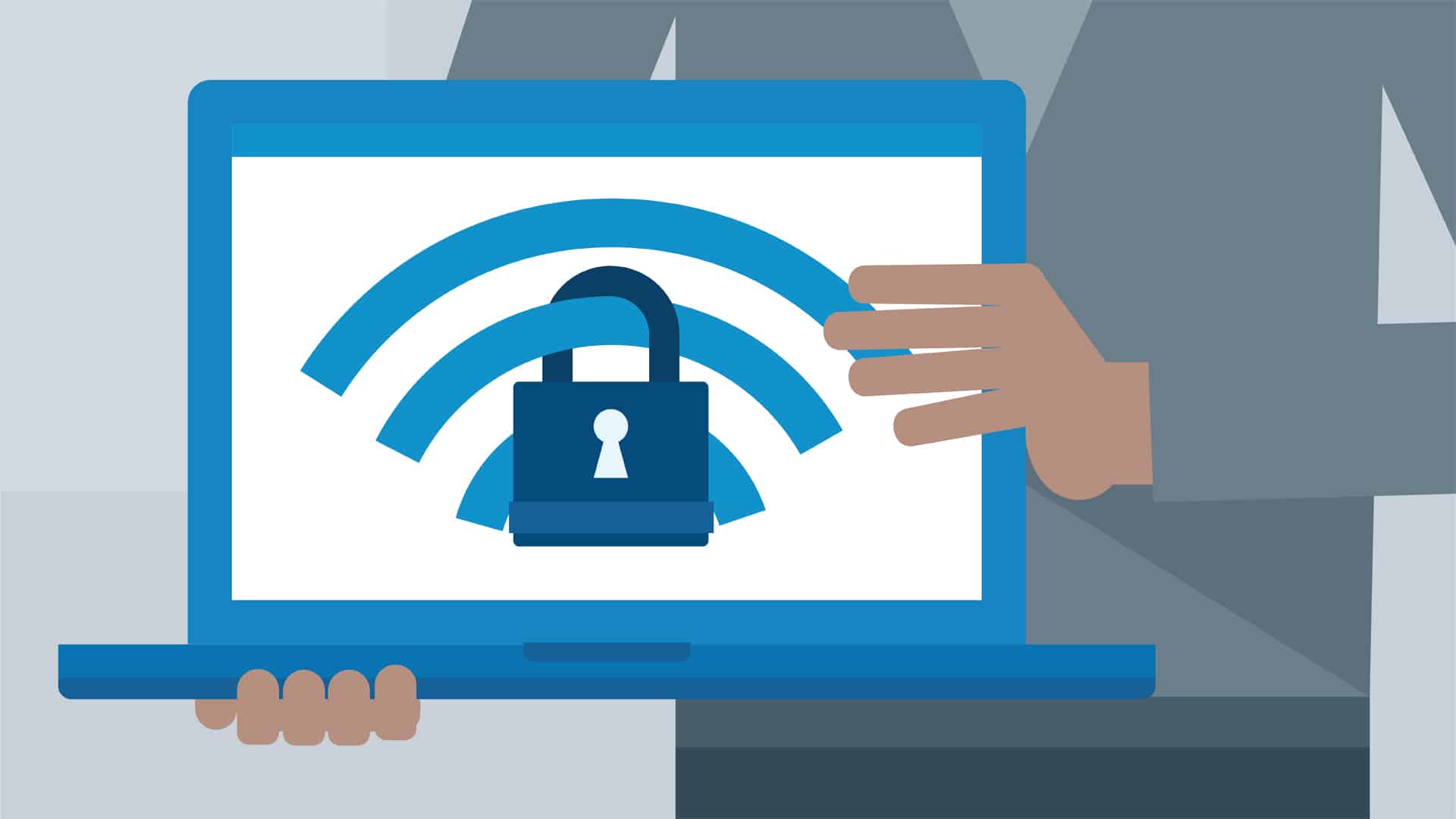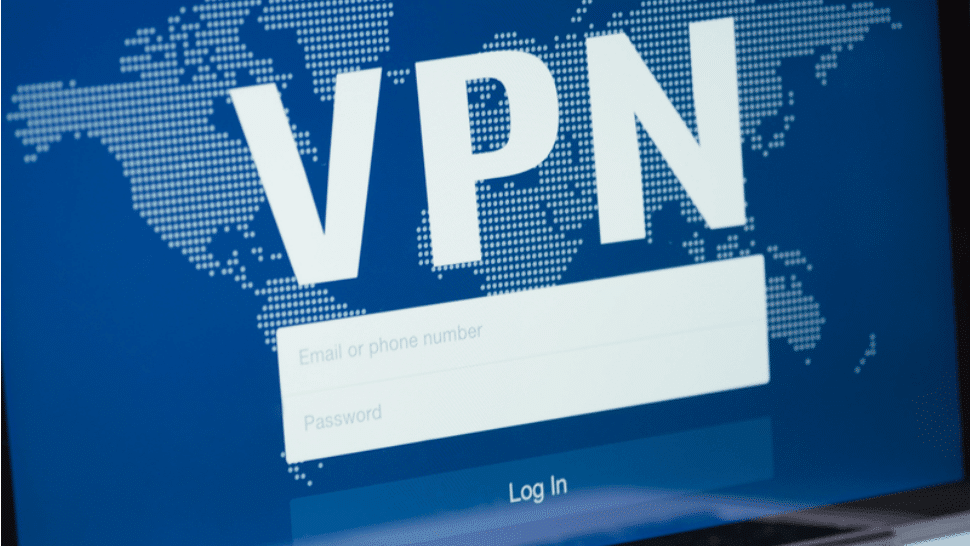Protecting your privacy online should be of the utmost importance and there are several ways in which you can do this. However, we are going to look at one method, a Virtual Private Network or VPN for short.
IMAGE: PEXELS
What Is A VPN?
As you may expect, a VPN refers to a private network that allows you to connect to the Internet. By encrypting your connection at all times, it even protects you from your ISP.
The easiest way to explain this approach is that it stops people from the outside seeing what you are doing thanks to the encryption used on these networks. There are additional methods out there that are more effective than a VPN, but this is easy to set up making it ideal for people with even a reduced level of knowledge.
So, How Does It Work?
A VPN is provided to you by a supplier, so you must make sure that the supplier is a company that is trustworthy. These companies run a number of different encryption methods that mask your activity to anything outside of the VPN.
Encryption masks the connections and signals that you send out when you are connecting to the Internet or doing a search. It scrambles it to prevent people from eavesdropping on the messages and then using that data to identify you.
View a VPN as being a method whereby a tunnel is created between you and the Internet. That tunnel is protected from every angle, so you feel safe when you are in there as you know that nothing can get in. hen you are in the tunnel it’s as if you are invisible to anything other than the VPN supplier,
Eventually, your search or request does emerge from the other end of the tunnel. However, it is missing key information regarding your IP address, so it masks who your ISP is, who you are and where you come from.
You may also want to know that there are apps for smartphones that allow you to use a VPN in order to secure all of your mobile data. This works in the same way as a VPN for your laptop, which makes it easy to get started.
How To Set It Up
To set up a VPN, you have two options. First, you can go to the great lengths of setting one up on your own via a series of online tools, but it’s not easy. here are also extra costs associated with this approach which you may want to avoid.
The other option is to use the services of a low-priced VPN service. As mentioned earlier you must check that they can be trusted, and also determine if they keep their own records of what you are doing. You want to use a company that doesn’t keep records as that improves your privacy even further.
To set it up, you simply follow the instructions or ask the VPN company for help and they will be happy to oblige.
Potential Problems?
The idea does sound rather impressive, but there are several potential problems to be aware of.
First, do your research on the suppliers as some will spy on you. Facebook and its VPN is a great example of this. You must check this out thoroughly or you may be giving yourself a bigger headache.
Another issue is that the speed of your Internet connection will drop when you connect to a VPN. This is due to you sharing the connection with other people rather than your own single connection. This may result in a marked difference in performance, so you must balance this out with your need for privacy.
A VPN will be able to protect you from prying eyes but it does not come without its own problems. Weigh up your options and look into each supplier before you commit to any kind of contract. Prices will vary, but the main thing is the way in which they protect you when online. There are numerous companies out there, so do your research before using anyone in particular.
If you are interested in even more technology-related articles and information from us here at Bit Rebels then we have a lot to choose from.


COMMENTS